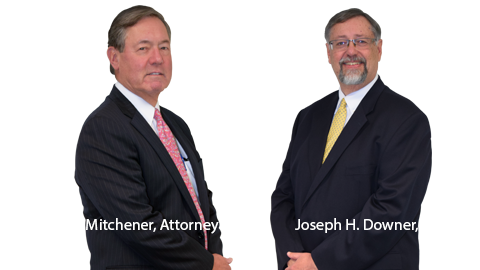You may have gotten a bad night’s sleep, but it is likely that you still must wake up in the morning and go on your daily commute to work, and then home again. Others around you may be in the same boat and some of them may be too drowsy to drive safely. You may think the key to staying awake while driving is caffeine. However, caffeine is not the cure-all that some drowsy drivers think it is.
The statistics on drowsy driving
Drowsy driving happens more than you may think. The National Sleep Foundation reports that approximately half of adult drivers responded that they often drive even if they are tired. Moreover, 20% of drivers reported falling asleep behind the wheel at least once in the past year. The National Highway Traffic Safety Administration reports that each year approximately 100,000 motor vehicle accidents are the result of drowsy driving.
Do stimulants really work?
Many drivers rely on a cup of coffee, an energy drink or caffeine pills to get them through a drive when they feel drowsy. It is easy to think that caffeine consumption will keep you alert. However, the risks associated with drowsy driving go up when motorists depend on these stimulants to keep them awake while behind the wheel.
Caffeine gives you a small, temporary boost in energy. However, consume too much caffeine and you could suffer from “caffeine intoxication” which is a bit like drunk driving. It causes irritability, muscle spasms and slurred speech.
Caffeine consumption while drowsy also causes “micro sleep.” Micro sleeping causes you to lose your attention briefly. This could cause a motorist to drive off the road and possibly cause a car crash. And once the effects of the caffeine wear off, a driver may be drowsier than they were when they ingested the caffeine.
Drowsy driving is reckless driving
Ultimately, a drowsy driver is a reckless driver. A drowsy driver can easily cause a motor vehicle accident that injures or kills others on the road. Those who are injured in a crash caused by a drowsy driver may suffer severe damages for which they may seek compensation.


